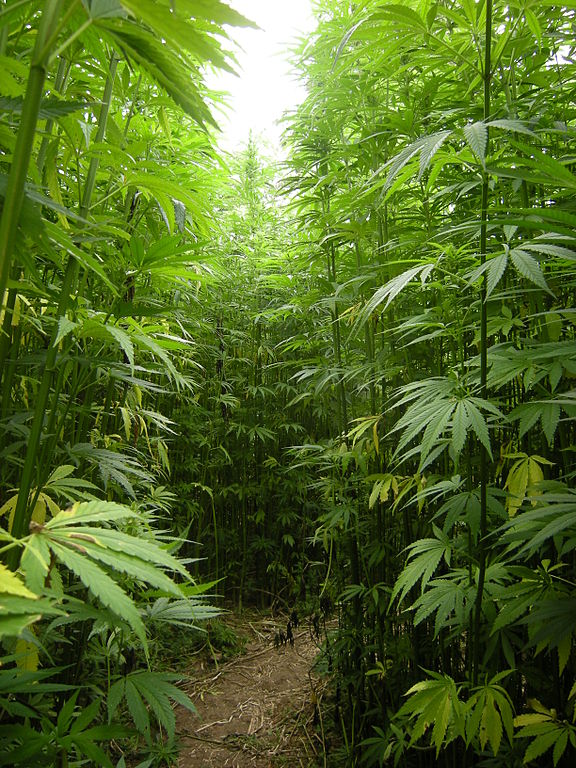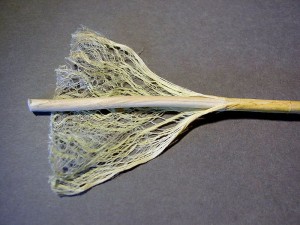Source: bigislandnow.com

A field of hemp in France. Wikimedia image.
While legislative attempts to at least decriminalize recreational use of marijuana are done for the session, efforts to make use of its non-psychoactive cousin are moving forward.
A bill that would authorize the dean of the University of Hawaii’s agricultural school to establish a hemp research program was approved today by the state Senate and sent over to the House.
Introduced by seven senators, including Big Island Sen. Josh Green, Senate Bill 2175 would allow the Dean of the College of Tropical Agriculture and Human Resources to establish a two-year “industrial hemp remediation and biofuel research” program.
According to a report from a joint session of two Senate committees, industrial hemp has a variety of applications that make use of its seeds, fibers and other components.
It said the US hemp industry is estimated at half a billion dollars. Products made with hemp include fabrics, carpeting, home furnishings, construction materials, foods, body-care products and auto parts, the report said.
The fast-growing hemp plant also can be used as feedstock for production of biodiesel. Pacific Biodiesel, which operates biofuel plants on Maui and in Keaau on the Big Island, submitted written testimony saying hemp shows great promise in that regard. “Hawaii can absolutely be at the forefront of the hemp industry which offers such promise to the revitalization of rural America,” said Kelly King, the company’s vice president.
Hemp has long suffered from the stigma of association with the psychoactive forms of marijuana, but that officially changed with President Obama’s signing of the US Agricultural Act of 2014, which authorizes states and universities to legally conduct hemp research.
Hemp’s primary difference from marijuana is the amount of active ingredient it contains. The bill notes that to be considered hemp, the tetrahydrocannabinol or THC content must be less than 0.3%. According to the United Nations Office on Drugs and Crime, marijuana flowers or buds typically have a THC level of about 10%.
The bill said if the hemp meets that maximum 0.3% threshold, it would not be considered an illegal form of marijuana under Hawaii law.
According to the bill, another promising use of hemp is for “phytoremediation,” the science of using plants called hyper-accumulators to remove toxins from soil.
Pacific Biodiesel’s King said her company would be willing to partner with CTAHR in using hemp in phytoremediation trials.
Testimony submitted to the Senate was overwhelmingly in favor of the legislation, with only the Honolulu Police Department – which said it would be difficult to distinguish hemp from marijuana — and several individuals opposed.
In her testimony, CTAHR Dean Maria Gallo noted that her school lacks the resources to establish a dedicated hemp research program, and the bill in its current form provides no funding.
“However, should extramural funds be made available to faculty within CTAHR, and those faculty are able to comply with applicable state and federal regulations, we are supportive of all legally compliant crop research,” Gallo said.

No comments:
Post a Comment